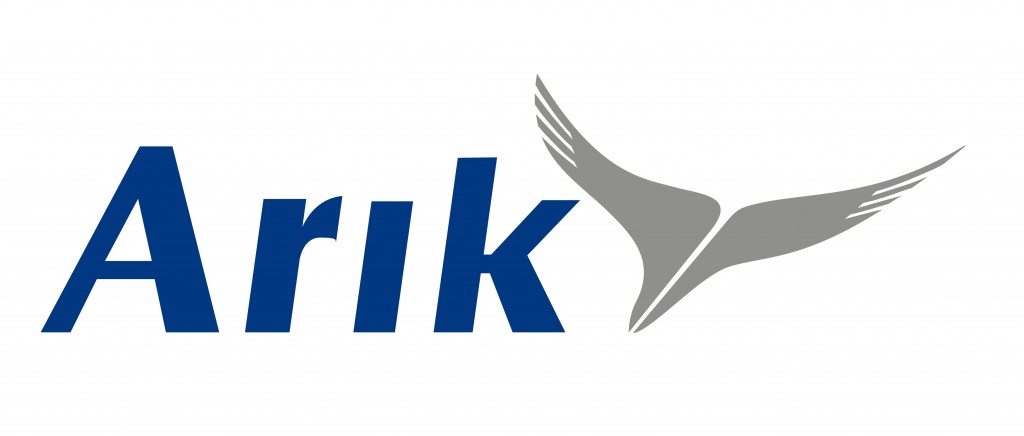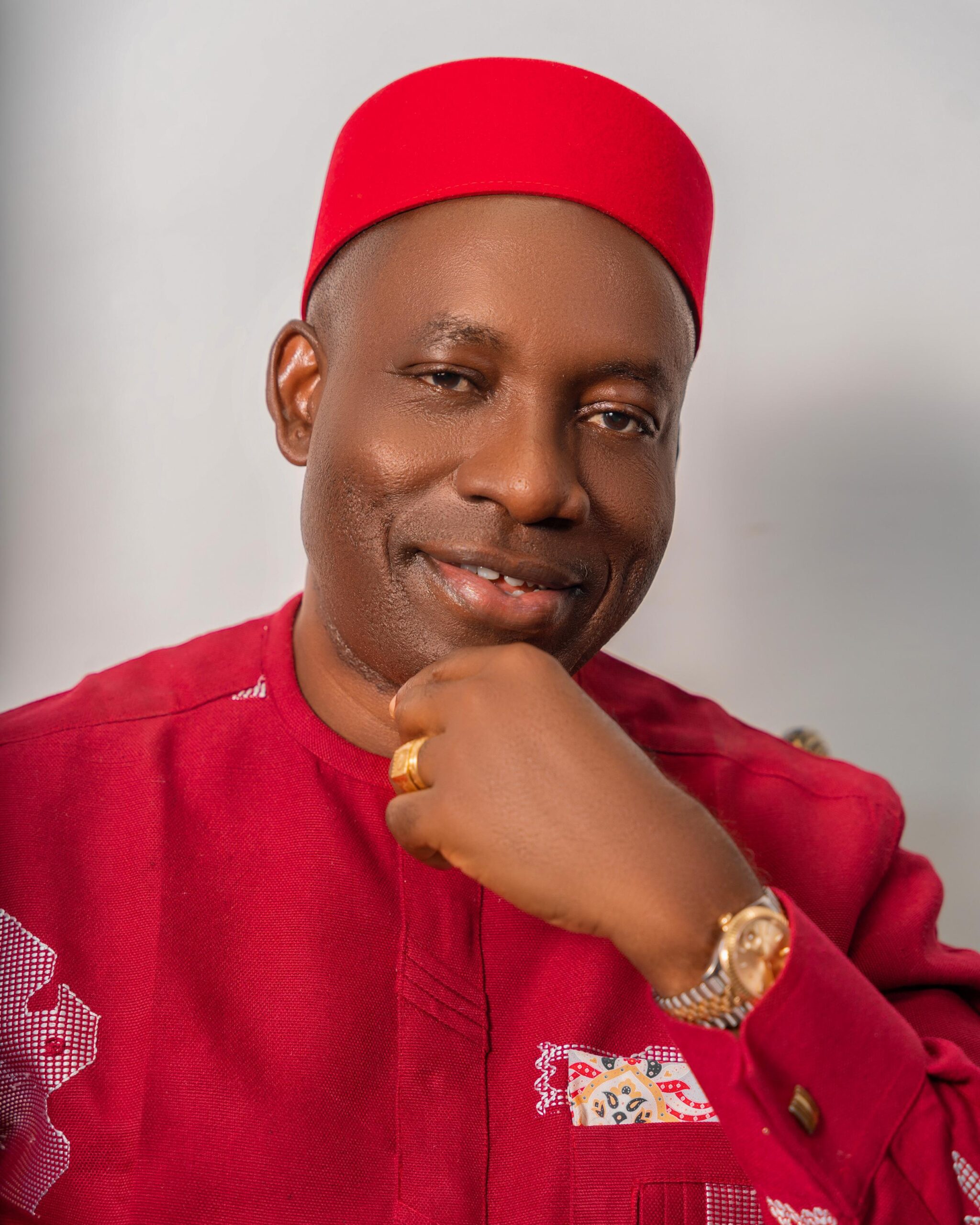News
New National ID Card to Replace Voters’ Card from 2015

The new national identity card will replace the current voters card after the 2015 general elections, the National Identity Management Commission (NIMC), has said.
Emma Ogungbe, director of Technical Services at the commission, told journalists on Thursday in Abuja that the identity card would enhance the integrity of the electoral process.
He explained that with the new identity card, NIMC could give the details of every eligible voter from a particular Local Government Area, Senatorial District or State in Nigeria.
“During election, you go to a polling booth, you get in there, what you do is carry your ID card with you, they check your name against what NIMC is giving them, tick it and you vote.”
Ogungbe assured Nigerians that the new national ID card would put a permanent end to cases of election rigging including double or multiple registrations or voting.
He said the “new card is error-proof’’.
“In fact, one of the ministers not long ago even came out to say after the 2015, the NIMC National ID card will become the voters’ card.
“So, that just tells us that very soon, the National ID card will also become the voters card and there would be no need for ad hoc registration by INEC again.
“That money can now be used by government for other purposes to better serve Nigerians.
“We (NIMC) are able to identify you to be you. A time will come if government says NIMC, give me details of everyone in Lagos State, ages 18 and above, we will give it to them; it will be a seamless operation.
“Give me the list of people in so-so local government or the whole of Anambra state ages 18 and above, we will give it to them because they’ve already been in our database and it’s been sanitised, we know they are who they say they are.’’
News
EFCC Witness Admits Writing Off Arik Air’s $2.3M Debt Amid N76Bn Fraud Trial


News
Anambra Shines in 2025 E-Governance Rankings, Setting National Standards

Anambra State has once again demonstrated its leadership in digital transformation, emerging as one of Nigeria’s top three states in the 2025 e-Governance Report published by the Panorama CIAPS Governance Performance Index (CGPI).

According to the report — a collaborative effort between Nigerian Panorama and the Commonwealth Institute of Advanced Professional Studies (CIAPS) — Anambra ranks alongside Lagos and Enugu as the leading states in adopting and implementing e-governance practices that foster accountability, transparency, and improved service delivery.
In his remarks, Professor Anthony Kila, Director of CIAPS, emphasized the importance of e-governance in shaping how governments interact with citizens. “The centrality of e-governance allows us to assess the performance of state governments in the country. How the government treats the digital world says a lot about them,” he said.
The report evaluated states based on a comprehensive set of criteria, including website security, up-to-date content, public engagement, availability of online services, policy updates, and user accessibility. Anambra’s performance reflects the state’s deliberate investment in digital infrastructure and its commitment to leveraging technology as a tool for inclusive governance.
Reacting to the recognition, the Managing Director/CEO of the Anambra State ICT Agency, Chukwuemeka Fred Agbata, CFA, described the report as a welcome validation of the efforts being made under the leadership of Prof. Charles Chukwuma Soludo, CFR, to reposition Anambra as a liveable and prosperous smart mega-city.
“This is not just about being tech-savvy,” Agbata said. “It’s about using digital tools to create real impact — making the government more accessible, responsive, and transparent. Anambra is building a digital future that works for everyone.”
The CGPI Report recommended that all states intensify efforts to train public servants, maintain digital platforms effectively, and build user-friendly systems that keep citizens informed and empowered. For Anambra, this recognition serves both as a milestone and a motivation to scale new heights.
As the journey continues, Anambra remains focused on setting the pace for e-governance in Nigeria in line with the Governor’s mantra of Everything Technology & Technology Everywhere.
News
SERAP Urges National Assembly to Reject Tinubu’s $24Bn Loan Request Over Debt Concerns

Socio-Economic Rights and Accountability Project (SERAP) has urged the National Assembly to reject the Tinubu administration’s request to borrow $24 billion, warning that the move would significantly deepen Nigeria’s debt crisis.

In a statement posted on its official X account, the advocacy group warned that the proposed borrowing would raise Nigeria’s total debt stock to an estimated ₦183 trillion—an amount it described as “clearly not sustainable and not in the public interest.”
“The National Assembly must immediately refuse to approve the Tinubu administration’s request to borrow $24 billion,” the group said. “The growing national debt is not sustainable and not in the public interest.”
SERAP expressed concern over the heavy burden of debt servicing, which it said is already consuming a substantial portion of government revenue, leaving little room for critical public investment.
Nigeria’s total public debt is projected to surpass ₦180 trillion following the president’s latest loan request. The borrowing plan includes a proposal for over $21.5 billion in external loans, which equates to ₦33.39 trillion at the official exchange rate of ₦1,590 per dollar. The administration is also seeking approval for a domestic bond issuance worth ₦757.9 billion to settle outstanding pension liabilities.
President Tinubu said the 2025–2026 borrowing plan targets key sectors such as infrastructure, healthcare, education, water supply, security, and employment generation. He noted that the plan is also intended to cushion the economic impact of fuel subsidy removal.
The total loan request comprises $21.5 billion, €2.19 billion, and 15 billion Japanese Yen, alongside a €65 million grant. Tinubu assured lawmakers that the funds would be directed toward development projects across all 36 states and the Federal Capital Territory, with emphasis on rail networks, healthcare infrastructure, and poverty alleviation programs.
On pension-related borrowing, the president explained that the proposed bond issuance is aimed at clearing backlogs under the Contributory Pension Scheme. The measure, he added, has already received approval from the Federal Executive Council and is expected to improve retirees’ welfare, restore trust in the pension system, and inject liquidity into the economy.
Nigeria’s public debt has surged in recent years, rising by 48.6% in 2024 to ₦144.66 trillion—up from ₦97.34 trillion in 2023. The Federal Government accounts for 95% of that total.

 E-Financial3 days ago
E-Financial3 days agoEFCC Recovers over N20Bn Stolen by Hackers from 6 Banks in Nigeria

 Telecom3 days ago
Telecom3 days agoEngr. Ikechukwu Nnamani Receives Two Prestigious @ABoICT Awards

 E-Financial2 days ago
E-Financial2 days agoFidelity Bank Plc Wins 2025 DBN Innovation Award for MSME Support

 E-Business2 days ago
E-Business2 days agoNigeria Among Hotspots as Kaspersky Warns of Rising Ransomware Threat in Africa

 Telecom3 days ago
Telecom3 days agoFG to Deploy 80 Percent of 7000 Telecom Towers to North

 E-Financial3 days ago
E-Financial3 days agoPonzi Scheme Operators Risk N10m Penalty, Others- IST Chair

 News3 days ago
News3 days agoEFCC Recovers Funds, Arrests Suspects in N1.3 Trillion CBEX Crypto Fraud

 E-Financial3 days ago
E-Financial3 days agoUBA Launches *919# Advance Top-Up Feature for Instant Access to Customers
























